
Residents of the legendary spa town of Borjomi have banded together to try to survive the disappearance of the summer tourism boom.
Streets glowing in the sunshine, the overlapping sounds of loud conversations battling for attention with the merry tunes of spinning carousels trying to entice passers-by. At first glance, it looks just like any other summer in Borjomi, a spa town in Georgia’s Samtskhe-Javakheti region known for its mineral water and lush national park.
But, if you look a little closer you will see a shadow cast over all the cheerfulness that not even the brightest summer day can dispel. Every few steps, you can see a for-sale sign or an advertisement with the phone number of a tour guide who you know has barely received any calls since last summer. Behind every corner there is a newly constructed guesthouse — standing grim and empty since March.
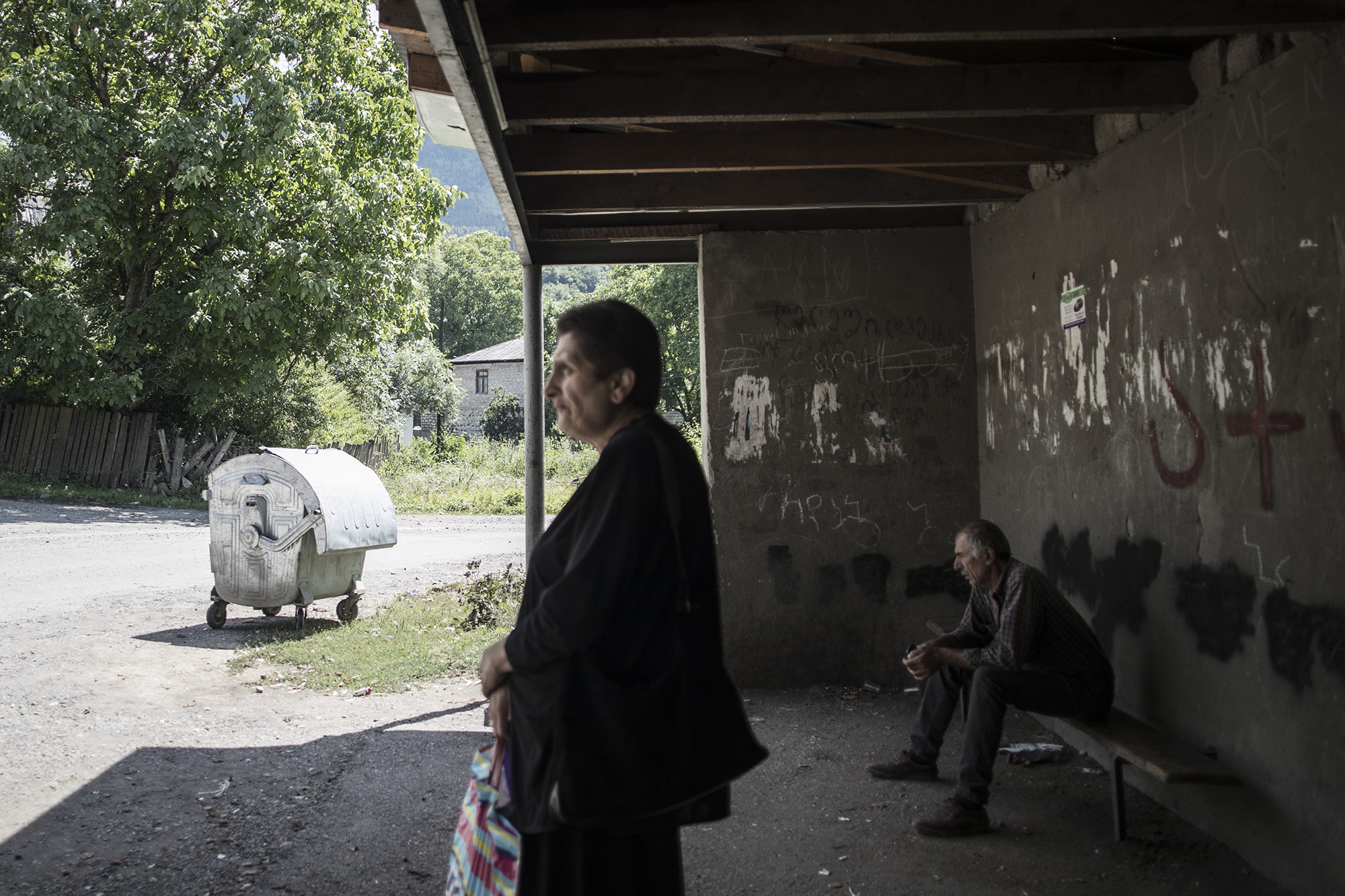
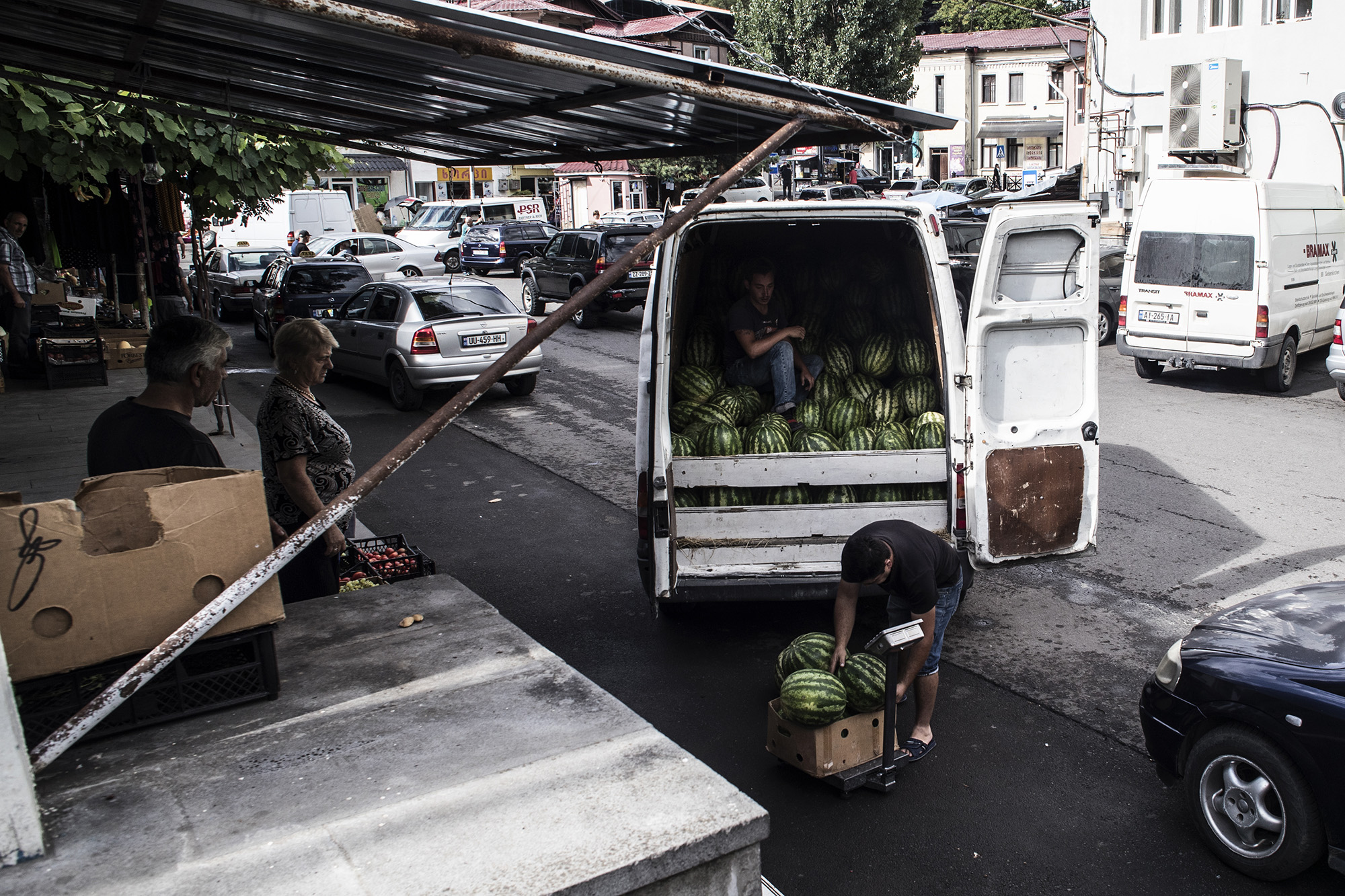
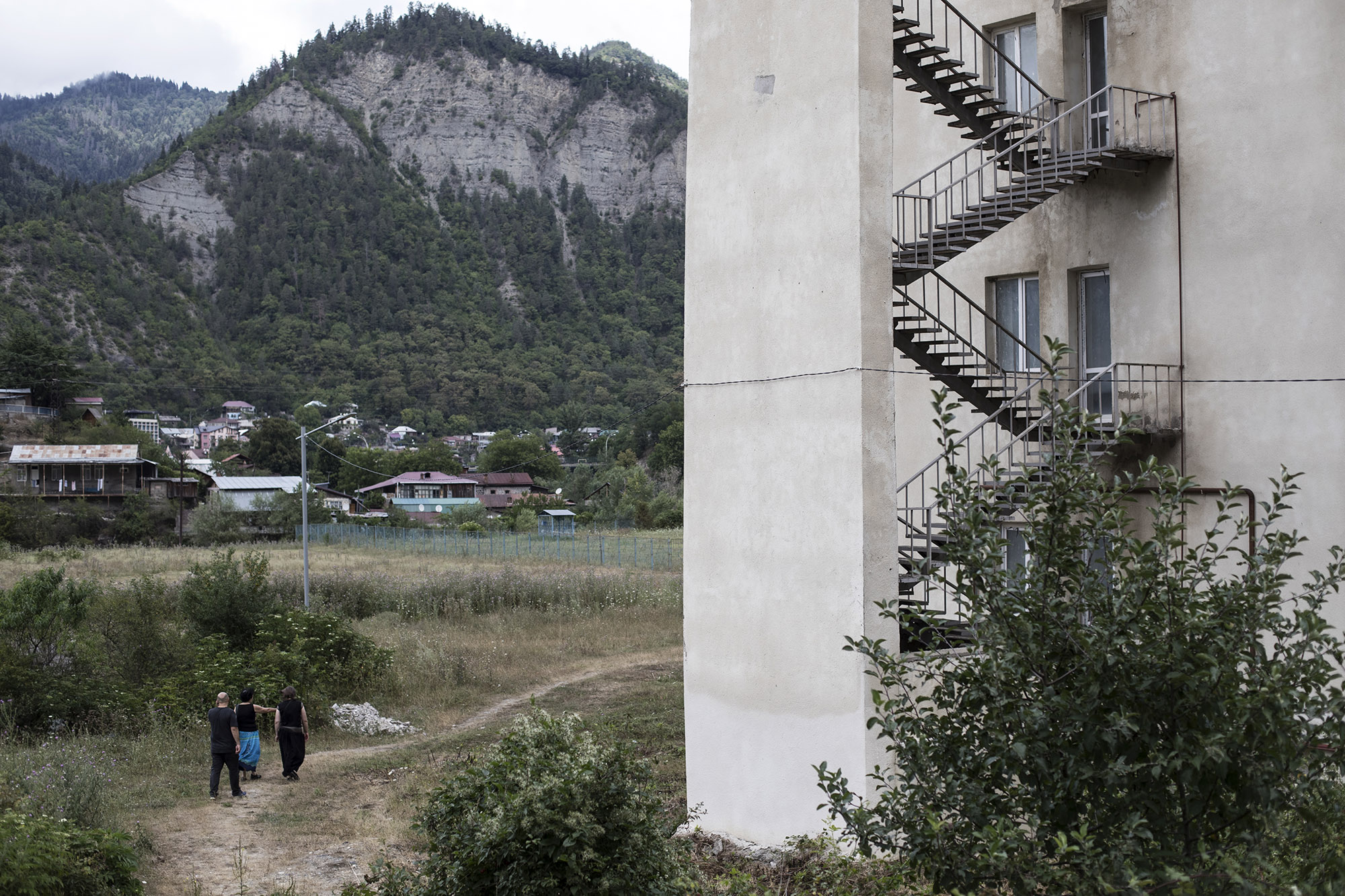
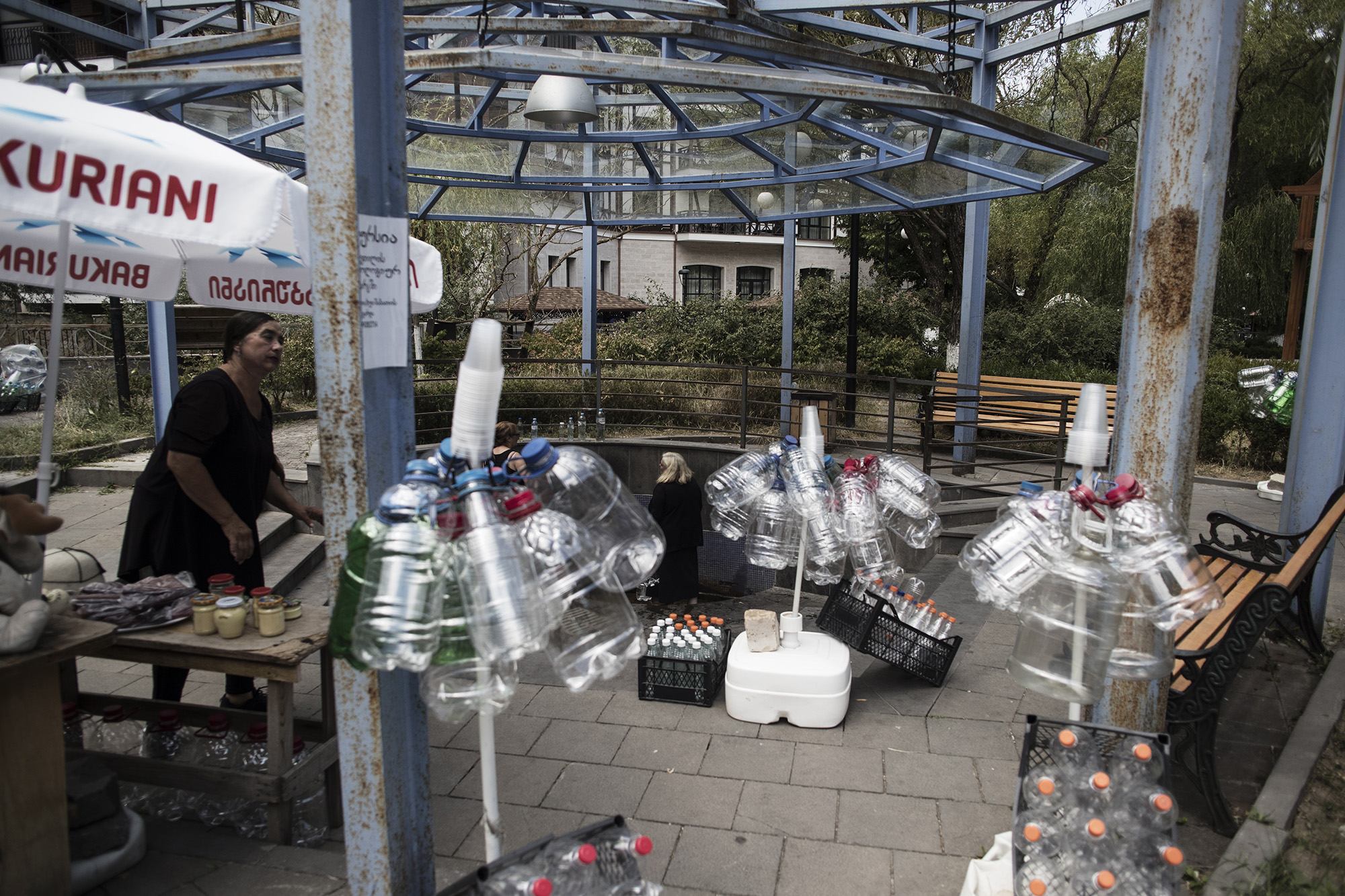
‘It seems ordinary when you go to the city centre, and there are still many people around, but I know we all lost a lot and we are still losing’, Salome Abuladze, the owner of two guest houses and a tour organiser in Borjomi told OC Media. ‘If they don’t open the borders, I don’t understand how people will make a living.’
She recalls the previous year when she had guests from all over the world almost every day during the summer season. Even in the dead of winter, she had international guests.
But then came the pandemic, and the borders closed on 18 March. Salome, along with most other residents of Borjomi, lost their clients.
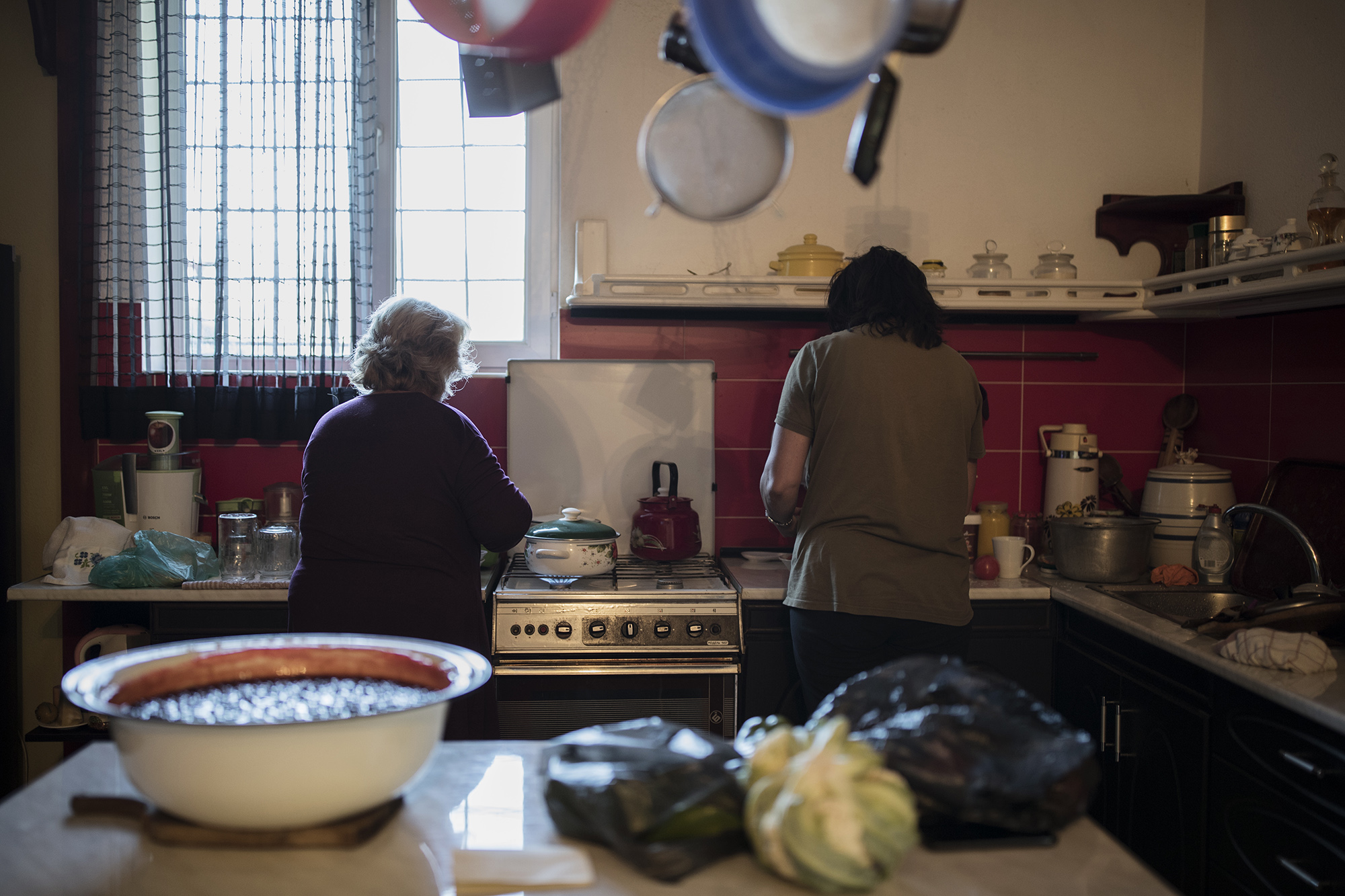
According to the World Travel and Tourism Council, in 2019, travel and tourism comprised 26.3% of Georgia’s economy while tourism was responsible for 27.7% of all jobs.
‘No plan B’
Jemal Ghonghadze has been working in tourism for 11 years and has turned his love of horses into a profession. He organises horse rides and in 2020, he planned to expand his business and construct new stables. Instead, he had to fire four employees.
For the moment, there are 11 companies in Borjomi offering horse tours, but there was scarce competition between them due to the huge demand for rides. Since domestic tourism was re-allowed in the country in mid-June, Jemal has had one or two rides a week, a 90% drop in income for him, he said.








